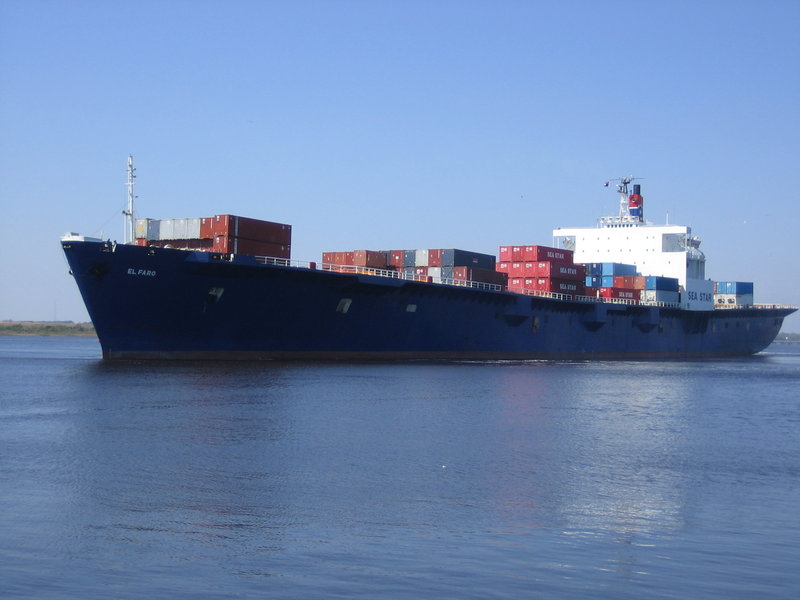The National Transportation Safety Board (NTSB), among others, appears to view El Faro’s Capt. Michael Davidson’s failure to alter course farther away from Hurricane Joaquin as a smoking gun. The truth is that he did change course. Arguably it was not change enough, but it was a reasonable one.
Nor, critics say, did he consult with his crew, but that is not exactly the case. They were well informed, and in at least one instance Davidson asked the chief mate what he thought.
And while the voice record from the bridge makes clear he had his doubters, my experience on fishing vessels, both as a crewmember and as a captain, taught me that second-guessing of skippers is a way of life at sea.
Lastly, there is the volatility of weather. Based on concerns raised by crewmembers, the NTSB would have us believe Davidson ignored forecast updates. In truth, the storm was well south of its forecast track. The El Faro had passed the point of no return hours before Joaquin’s ominous turn — or failure to turn — was an issue.
When the weather came down, Davidson played the hand he’d been dealt, confronted by circumstances — loose cargo, flooding, and an idled power plant — that exponentially raised the risk factors associated with the weather.
I never regarded myself as a risk taker in my fishing days, but there were a few times when it blew hard enough that, but for the heartbeat of a diesel, we could have lost the boat. We didn’t court weather, but sometimes it courted us. I committed to preventing surprises via maintenance, and we had good survival gear — immersion suits and covered life rafts. By comparison, the El Faro had lifeboats that since the time of the Lusitania have proved themselves incapable of being launched. Why stern-launched freefall lifeboats are not the law on old sleds like the El Faro is beyond me.
Davidson’s record does not suggest recklessness. He lost one captain’s site for refusing to take a ship to sea with unsafe steering. And in this instance he had informed the El Faro’s owners he would be returning from San Juan by way of the Great Bahama Bank, a longer route.
Years ago an old swordfisherman asked me what my job was as trawler captain. “Nope,” he said, when I replied I was responsible for getting the crew home safely with a trip of fish. “Your job is go fishing.”
He said, “When you’re catching fish the guys are going to want to go in and get paid, and when you’re not catching fish they’re going to want to go in anyway.
“Your job is to be the one guy on the boat who wants to go fishing.”
It’s not perfectly analogous to Capt. Davidson’s situation, but you get the point. He was trying to get to San Juan, as best as he knew how.




